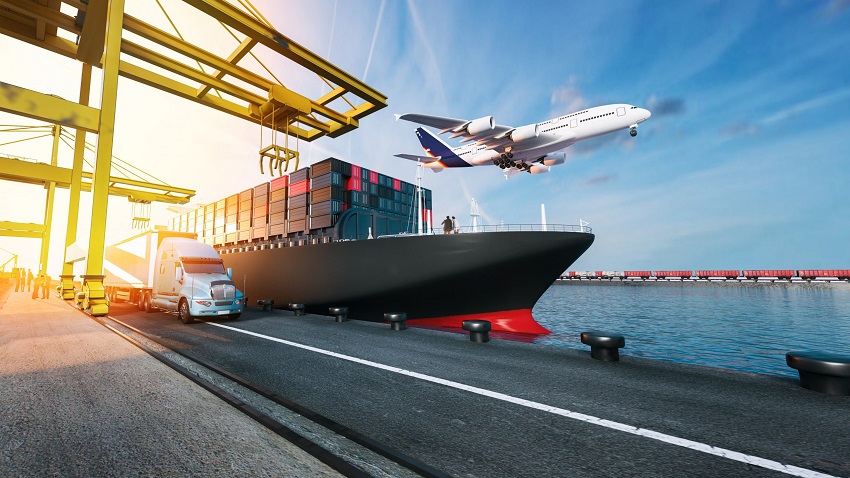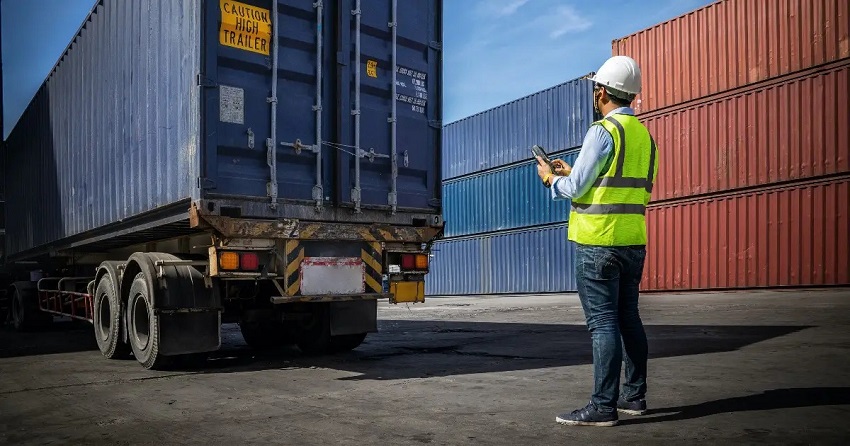Transportation plays a crucial role in our daily lives, enabling the movement of people and goods from one place to another. It provides numerous advantages that enhance our quality of life and contribute to economic growth. In this article, we will explore the various advantages of transportation and how it impacts our society.
Transportation is an essential element of modern society, facilitating mobility and connectivity. It encompasses various modes such as cars, buses, trains, airplanes, ships, and even bicycles. Each mode serves a specific purpose and offers distinct advantages. Let’s delve into the advantages of transportation in greater detail.
Improved Accessibility
Transportation systems provide improved accessibility, making it easier for individuals to reach their desired destinations. It connects rural and urban areas, enabling people to access schools, workplaces, shopping centers, and recreational facilities. Additionally, transportation networks ensure connectivity between different regions, fostering cultural exchange and promoting diversity.
Economic Growth and Trade
Efficient transportation networks are crucial for economic growth and trade. They facilitate the movement of goods and services, enabling businesses to reach wider markets. Well-developed transportation infrastructure reduces the cost of transportation, increases trade volumes, and enhances economic productivity. It plays a significant role in global supply chains, connecting manufacturers, suppliers, and consumers worldwide.
Enhancing Social Connectivity
Transportation fosters social connectivity by bringing people together. It enables individuals to visit family and friends, attend social events, and explore new places. The ability to travel easily and conveniently encourages social interactions, strengthens relationships, and promotes cultural exchange. Transportation also plays a vital role in emergency situations, allowing swift response and aid delivery.
Efficient Movement of Goods
Transportation systems are essential for the efficient movement of goods from production centers to consumer markets. Trucks, trains, ships, and airplanes transport raw materials, finished products, and supplies across vast distances. Reliable transportation networks ensure that goods reach their destinations promptly, supporting industries and supply chains. For example, refrigerated transport enables the safe delivery of perishable goods like food and medicine.
Access to Education and Healthcare
Transportation facilitates access to education and healthcare services. Students can commute to schools, colleges, and universities, broadening their learning opportunities. Similarly, patients can travel to hospitals, clinics, and specialized healthcare facilities to receive medical treatment and consultations. Reliable transportation networks ensure that individuals have access to quality education and healthcare regardless of their geographical location.
Employment Opportunities
The transportation industry itself generates significant employment opportunities. Various professions rely on transportation, from drivers and pilots to logistics managers and maintenance personnel. Moreover, transportation networks spur economic activities in related sectors such as tourism, hospitality, and retail, creating additional job opportunities. The growth of transportation infrastructure often leads to job creation and stimulates economic development.
Tourism and Travel
Transportation is a fundamental pillar of the tourism industry. It enables people to explore new destinations, experience different cultures, and engage in recreational activities. Tourists rely on transportation networks to access popular tourist spots, historical sites, and natural wonders. The convenience and efficiency of transportation systems directly impact the growth of the tourism industry, contributing to local economies and cultural exchange.
Environmental Considerations
While transportation offers numerous advantages, it is crucial to address its environmental impact. Burning fossil fuels in vehicles contributes to air pollution and greenhouse gas emissions. However, technological advancements have led to the development of eco-friendly transportation options such as electric cars and hybrid vehicles. Additionally, promoting public transportation and adopting sustainable practices can mitigate environmental challenges associated with transportation.
Conclusion
Transportation is vital to modern society, providing numerous advantages that enhance our daily lives. From improving accessibility and fostering economic growth to connecting people and facilitating the movement of goods, transportation plays a pivotal role. It enables access to education and healthcare, creates employment opportunities, and fuels the tourism industry. However, balancing these advantages with environmental considerations is essential to ensure a sustainable future.
FAQs
Q1: Which mode of transportation is the most environmentally friendly?
A1: Electric and hybrid vehicles are considered more environmentally friendly than traditional gasoline-powered vehicles. They produce fewer emissions and contribute to a cleaner environment.
Q2: How does transportation contribute to economic growth?
A2: Efficient transportation networks reduce transportation costs, facilitate trade, and connect businesses with wider markets. This increases economic productivity, job creation, and overall economic growth.
Q3: Can you provide an example of transportation’s impact on social connectivity?
A3: Transportation allows people to visit family and friends who live in different cities or countries, strengthening social bonds and fostering cultural exchange. It also enables individuals to attend social events and celebrations, promoting a sense of community.
Q4: What role does transportation play in tourism?
A4: Transportation is essential for the tourism industry, enabling travelers to reach their desired destinations easily. It connects tourists with popular attractions, historical sites, and recreational activities, contributing to the growth of the tourism sector.
Q5: How does transportation benefit rural areas?
A5: Transportation networks provide improved accessibility to rural areas, connecting them with urban centers and essential services. This allows rural communities to access education, healthcare, and employment opportunities, enhancing their quality of life.



